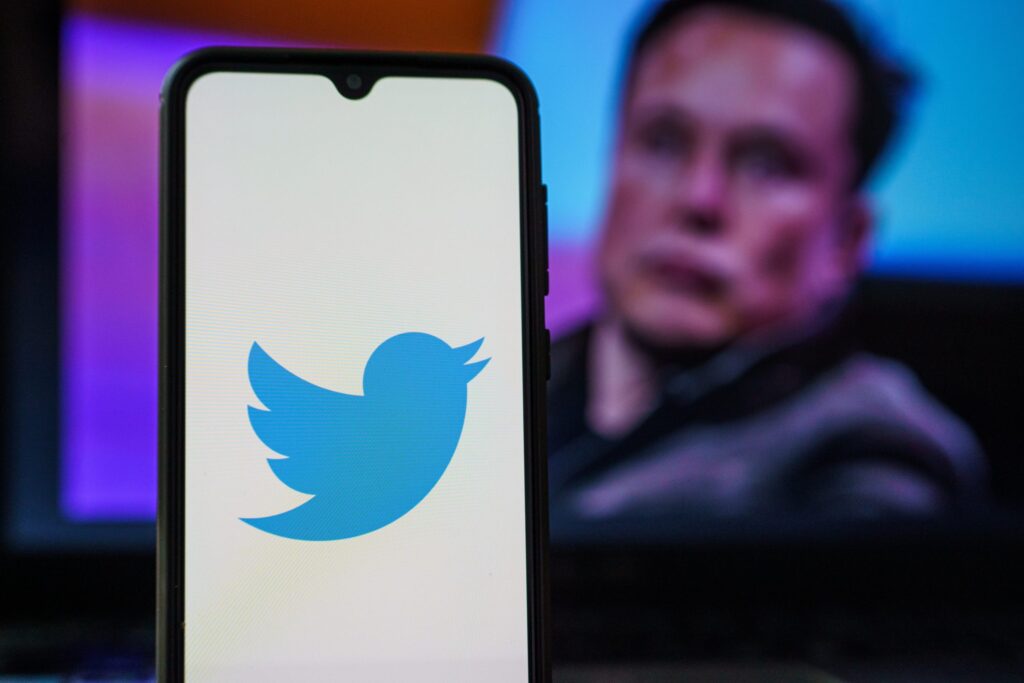Twitter now the worst way to fight climate change because of free speech, according to media
September 22, 2023
A new report tells us that X, formerly called Twitter, is the worst because it allows free speech. That is, it allows people to say what they like about climate change. Isn’t that terrible?
What’s worse is that actual journalists are taking this seriously at The Guardian and The Verge. We’d normally think journalists would be alert to the dangers of censorship, but that’s not how this modern world seems to work.
The report measures how well the various social media platforms (from Pinterest through Meta, YouTube and TikTok to Twitter) obey the demands of the report writers (largely Greenpeace and Friends of the Earth). Twitter the least, Pinterest the most. Well, OK, but it’s when we look at what those demands are that we’ve got to worry.
Because this is how this always works, it’s necessary to move through a couple of other reports to get to the actual demand.
“Climate disinformation and misinformation refers to deceptive or misleading content that: undermines the existence or impacts of climate change, the unequivocal human influence on climate change, and the need for corresponding urgent action according to the IPCC scientific consensus and in line with the goals of the Paris Climate Agreement; Misrepresents scientific data, including by omission or cherry-picking, in order to erode trust in climate science, climate-focused institutions, experts, and solutions;”
That is, no one is allowed – or to be allowed – to say things on social media that conflict, in the slightest, with the woker and more progressive view of climate change. William Nordhaus won the Nobel Prize in Economics for his work on climate change, and his solutions wouldn’t pass this test. Nor would most of the Stern Review, the 1200-page report for the British government.
But our point here isn’t about climate change, nor is it really about this particular report. It’s the same thing we have been saying repeatedly. As soon as we have an insistence that mis- or dis- information cannot be said, we will have people who seek political power trying to define that mis- and dis- information. That’s the way the world works – those who desire power will be attracted to the means of having power.
This is also why the Founding Fathers insisted upon a free press – because they knew this. Yes, the First Amendment is about government power over the press. But the risks and dangers don’t change just because it’s different power seekers over our more modern press and town square, social media.
They want to limit what we can say so that their plans and not alternatives get enacted. We cannot allow this censorship whether they’re wrong or not (we think they are, but that’s not the point). Unless we hear all the views, facts and opinions, how can it be possible to work out what is true?
And no, the correct answer to that question is not to allow those who would have power over us to do that defining. The “truth” they allow will be what bolsters that power, not what benefits us.
That’s why it’s the first of the amendments – only free speech leads to liberty.
